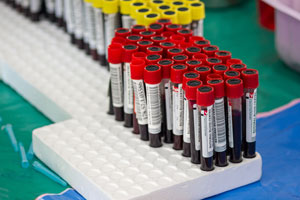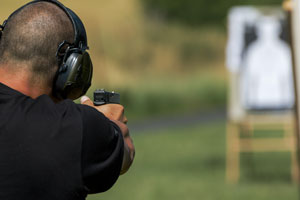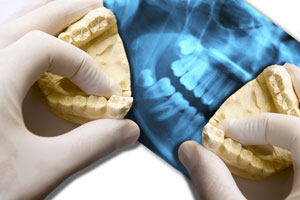An expert witness at the trial of a man charged with the murder of his girlfriend has opined that the death was not a suicide.
Deborah Hovestadt’s Death
Deborah Hovestadt died on July 7, 2014, in the home that she shared with her 30-year-old boyfriend, Darryl Taylor. Hovestadt was found in their home with a gunshot wound to her face and a firearm in her right hand. The weapon that was found at the scene was identified as a .44 Magnum Redhawk.
Taylor told the authorities that the two were not fighting when the gun went off and that Hovestadt did not know the gun was loaded. Taylor also said that Hovestadt had repeatedly accused him of cheating.
Taylor’s Trial
Taylor was charged with murder with a firearm specification and aggravated murder with a firearm specification. He was also charged with two separate weapons charges to which he entered a plea of no contest.
At Taylor’s murder trial, the prosecution’s expert witness, Alexander Jason, testified that, “This was a homicide with the physical evidence the way it is.” Jason is a certified senior crime scene analyst who lists himself as a qualified expert witness in: crime scene reconstruction, force science, shooting incident reconstruction, blood spatter interpretation, forensic photography, wound ballistics and forensic animation in Federal and State Courts (Alaska, California, Colorado, Florida, Maryland, Mississippi, Missouri, New Jersey, New York, Texas, Washington, & West Virginia.) Jason claims to have about 30 years experience in the field.
Jason testified that, based upon the gunshot residue and the blood spatter, the shot that killed Hovestadt was fired from more than 3 feet away. Jason also testified that it would not have been possible for Hovestadt to have held the gun in her hand more than 16 inches away from her face; this would preclude a suicide. Jason showed photos of tests that he conducted with a .44 Magnum. He opined that it had “an extremely strong recoil.” Jason also opined that he thought that the crime scene had been altered. Prosecutors argue that Hovestadt would not have been able to hold it in one hand as she was found at the crime scene.
Assistant Prosecutor Brandon Pigg conducted Jason’s direct examination. Jason testified that the lack of gunshot residue on Taylor’s hands was not significant and that he still could have fired the gun. He said, “It’s not a tattooing of the skin, an indelible marking like some people think.”
Defense attorney Jerry Thompson questioned Jason’s qualifications and his testing methods during cross-examination. Thompson pointed to Jason’s degree in journalism and the fact that he did not use the actual gun or the bloody blanket that was covering Hovestadt when he conducted his tests.
Jason responded that he did not think there was a significant difference between the gun that .44 Magnum that he tested and the one that was found at the crime scene. He noted that the gun that he tested was slightly heavier, but the barrel was the same length and he used the same brand of ammunition in his tests.












